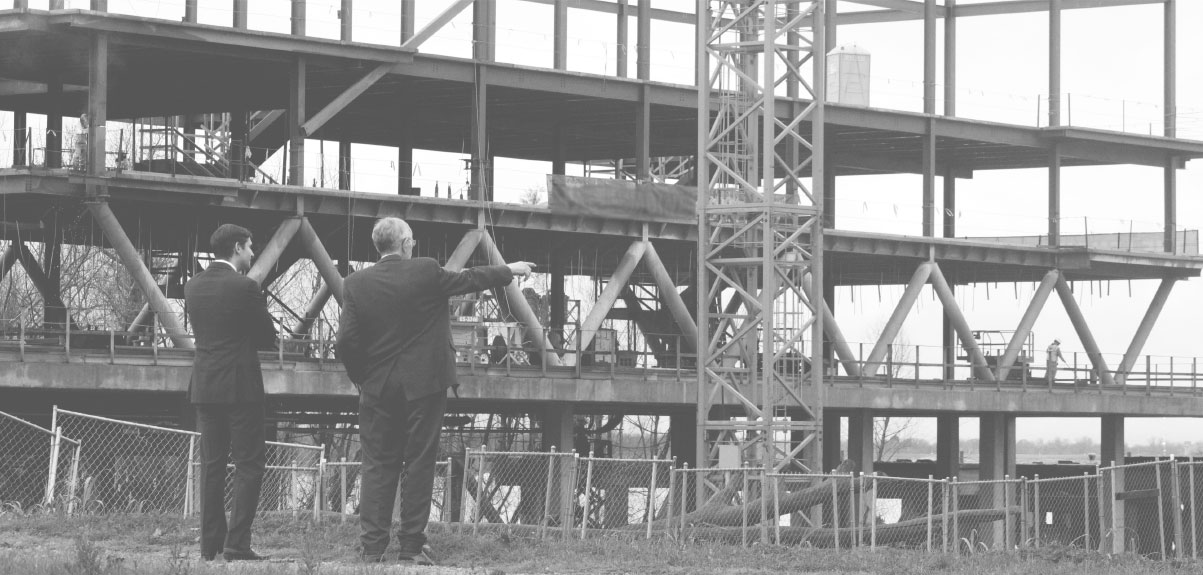In the aftermath of hurricanes Katrina and Rita in 2005, Louisiana leaders decided it was time for a new approach in addressing water management studies and applied river-coastal research. Following several fact-finding trips to Deltares, the renowned water management research institute in the Netherlands, the push was on to form something similar in Louisiana. In late 2011, that vision became a reality with the formation of The Water Institute of the Gulf through a collaborative effort involving the State of Louisiana, Senator Mary Landrieu, and the Baton Rouge Area Foundation (BRAF).
Formed with the mission to connect the vast knowledge about coastal, river, and delta systems Louisiana researchers have accumulated over the decades, the Institute links academic, public, and private research partnerships and conducts applied research to better inform the decisions facing communities, industries, and nations around the world.
In 2014, the Institute was selected as the Resources and Ecosystem Sustainability, Tourism Opportunities, and Revived Economy of the Gulf Coast (RESTORE) Act Center of Excellence for Louisiana. Through this program, the Institute has new ways to further its mission of enhancing scientific understanding of coastal, river, and delta systems by administering a grant program to fund independent research by universities and private firms, and connecting to other Centers of Excellence across the Gulf.
In 2020, the Institute was named as Louisiana’s Coastal Innovation and Collaboration Hub to serve as the state’s locus of applied, science-based research; decision-support; and policy analysis.
The Institute’s work includes support for the large-scale research, assessment, modeling, planning, prioritization, and decision making used in Louisiana’s 2017 and 2023 Coastal Master Plans; the state’s visionary Louisiana Watershed Initiative designed to cross political boundaries in order to address water management on a regional scale; working with Louisiana state government to quantify carbon sequestration potential of coastal restoration projects in the state; coordinating the formation of a model repository for the state; and the Resilient Houston Strategy in which the Institute was the lead strategy partner to help the city plan for a more resilient future post Hurricane Harvey. The Resilient Houston Strategy was recognized with a Gold Resilience Award by the Texas Chapter of the American Planning Association in 2020.

